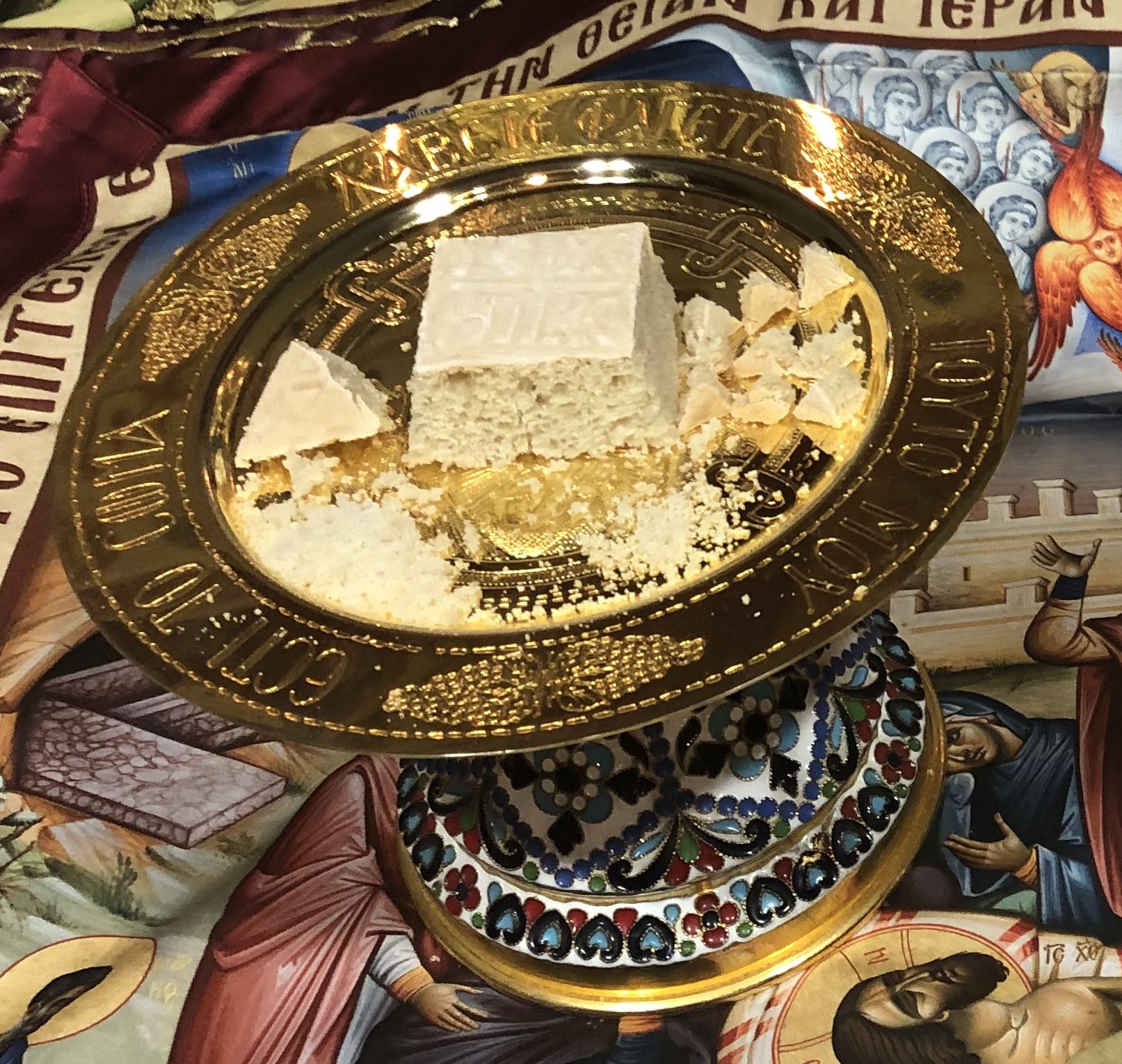Even though I walk through the valley of the shadow of death, I fear no evil; for Thou art with me; Thy rod and Thy staff they comfort me.
Psalm 23:4
Two of the things people worry about when it comes to the end of life are dying in a hospital and being in pain. Hospice care is a special ministry that helps reduce these two worries. People become eligible for hospice if a doctor will declare that a person has less than six months to live, and for a patient who no longer wishes to fight illness but to be kept comfortable. There are, of course, many instances where someone on hospice care lives longer than six months, and there are even occasions when someone resumes treatment and comes off of hospice care. The utilizing of hospice may mean that death is imminent but that is not always the case.
Both my parents died under hospice care. Both passed away at home (my mom passed in my brother’s home). Both had pain management that made their final hours more comfortable. There are people who question the ethics of hospice care, as well as the use of morphine for pain management. Having utilized this ministry for both my parents, and having seen it used with countless other people I have ministered to at the end of life, I find hospice to be an answer for our liturgical prayer for a painless, blameless and peaceful end. In fact, in looking at the three aspects of this prayer, confession helps with the “blameless” aspect, family gives the “peaceful” component, and hospice takes care of the ”painless” part. I’ve seen people live for many months under hospice care, and I’ve seen people call in hospice in the final days, just to help them get back home, or pass away comfortably in a hospice facility. Hospice provides things like hospital beds and other things you’d find in a medical facility right in a person’s home. There are also hospice facilities when it is not possible for someone to come home. These places remind me of hotels—they have private rooms, adequate space for family to gather around, usually have a place for some family members to stay overnight, and they usually have nice grounds for both patient and caregiver to get out into the fresh air. There is also a team of people who work for hospice, like chaplains and social workers who help with advance directives, counseling and after death has occurred, hospice has programs to help people grieve. My experience with hospice has generally been positive.
In this unit, we are looking at case studies of people who have passed away, as well as reflecting on the role of family members and faith in the dying process. I wanted to spend a minute talking about others who have an important role at the end of life, and that is medical personnel. There are the people who work for hospice, where every patient dies. There are no happy endings where people recover—every case ends in death and in collateral sadness for those left behind, including the hospice workers.
Then there are the medical people who work hard to save lives but who often are not able to. I have a friend who is a nurse in the cardiac ICU. Lots of her patients die. For someone whose life work is to help people get better, this could get demoralizing if approached in the wrong way. I have told my friend, and many other medical professionals, that the role of the doctor and nurse is to provide an opportunity for healing. There is a really important distinction between healing and providing an opportunity for healing. Healing can only occur with cooperation between medical professional and patient, and the illness must also be treatable. This is true all throughout life, even in situations where death is not a threat. Take for instance the patient who has a broken arm. A doctor can set the arm in a cast, but the patient has to keep the cast on. I remember a friend in elementary school broke his arm. It was in a cast and it was summer so it was hot. My friend used to scratch his arm by putting a hangar between the cast and his arm. The cast became so loose that my friend could take the cast on an off, which he did. (Of course, I was like 8-years-old at the time and didn’t have the thought that this might be a bad idea.) When it was time to take the cast off, the doctor brought out the saw to cut the cast off. My friend said “You don’t need that” and took the cast off and handed it to the doctor. A quick x-ray revealed the arm was still broken and my friend spent another six weeks in a cast. When there is hope for healing, the medical professional provides the path and the patient needs to follow that path.
When there is no hope for healing, as is the case with hospice; or when there is a strong possibility that there will be no healing, such as in the ICU, then the medical professional takes on the role of “emcee” of the dying process. They help facilitate the painless end that we pray for. And certainly there is dignity in that. I have told my friend who is a nurse in the ICU that for her patients who are not going to get better, she provides encouragement and explanation, as well as comfort and pain management, which in turn helps the patient’s family feel encouraged, understand what is going on and to feel comforted in their own emotional pain. I have a great respect for people who work with patients who are at the end of life and who can appreciate their role for what it is—an actual answer to our prayer for a painless ending.
Rather than look at hospice as a white flag of surrender and giving up, I think it is better to look at hospice as a place of triumph. The greatest miracle is not healing, but God opening the doors of heaven to let another person enter. Some medical personnel are charged with the opportunity to provide healing and work in concert with God (knowingly or unknowingly) to facilitate the miracle of improved health. And some medical personnel work in places where healing rarely occurs and their role is to ensure that one is ready to die—emotionally and especially spiritually. Certainly a priest can and should be present to help someone pass away without blame and with an opportunity to talk about their faith. But the priest can’t be around 24 hours a day like medical personnel can be. And the intimate bond between patient and caregiver often helps facilitate that painless end in a better way than any priest could. It takes a lot of courage to put your loved one under hospice care. And it takes a lot of courage to work for hospice, knowing that virtually every patient dies. While medical personnel may not be able to provide the miracle of healing for every patient, they can help facilitate the miracle of exiting this life in a faithful way. And when you look at this way, hospice personnel and hospital personnel have the potential for a miracle every time out with every patient, no matter how sick they are—the miracle of extending life, or the miracle of helping someone enter into eternal life.
To Thee, O Lord, I lift up my soul. O my God, in Thee I trust, let me not be put to shame; let not my enemies exult over me. Yea, let none that wait for Thee be put to shame; let them be ashamed who are wantonly treacherous. Make me to know Thy ways, O Lord; teach me Thy paths. Lead me in Thy truth, and teach me; for Thou art the God of my salvation; for Thee I wait all the day long. Be mindful of Thy mercy, O Lord, and of Thy steadfast love, for they have been from of old. Remember not the sins of my youth, or my transgressions; according to Thy steadfast love remember me, for Thy goodness’ sake O Lord! Good and upright is the Lord; therefore He instructs sinners in the way. He leads the humble in what is right, and teaches the humble His way. All the paths of the Lord are steadfast love and faithfulness, for those who keep His covenant and His testimonies. For Thy name’s sake, O Lord, pardon my guilt, for it is great. Who is the man that fears the Lord? Him will He instruct in the way that he should choose. He himself shall abide in prosperity and his children shall possess the land. The friendship of the Lord is for those who fear Him, and He makes known to them His covenant. My eyes are ever toward the Lord, for He will pluck my feet out of the net. Turn Thou to me, and be gracious to me; for I am lonely and afflicted. Relieve the troubles of my heart, and bring me out of my distresses. Consider my affliction and my trouble, and forgive all my sins. Consider how many are my foes, and with what violent hatred they hate me. Oh guard my life, and deliver me; let me not be put to shame, for I take refuge in Thee. May integrity and uprightness preserve me, for I wait for Thee. Redeem Israel, O God, out of all his troubles. Psalm 25
I have a lot of respect for those who work in hospice and hospital facilities ministering to the dying. Please keep hospice in mind for that last journey. They play a significant role in helping to provide the “painless, blameless, peaceful” end that we pray for.

